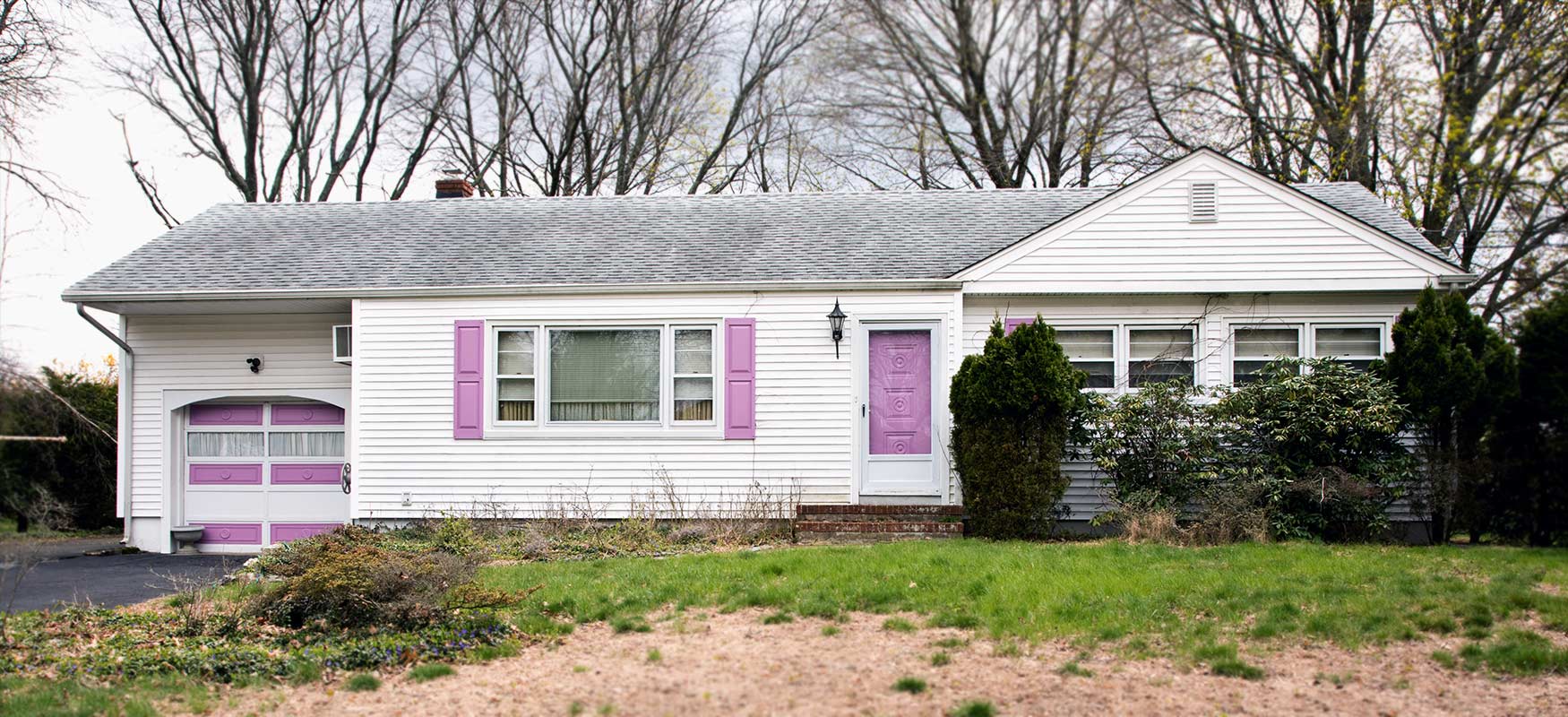Oregon’s housing shortage reached historic levels in 2026, creating a competitive seller’s market. Our team conducted ZIP-code-level analysis, where factors such as housing inventory, buyer demand, and competitive insights in the market are considered.
Our research team analyzed ZIP codes across Oregon to find the most competitive markets for sellers. This guide reveals the Oregon ZIP codes experiencing the highest demand and the tightest supply.
Each company was ranked based on the following three criteria:
- Days on Market (DOM): The average number of days the home stays on the market before it sells.
- Inventory Level: Measures how many homes are available for sale relative to demand.
- Effects on Competition: Describes how DOM and inventory level impact buyer competition and seller advantage.
The Hottest Housing Market in Oregon: Zip Code and Factors
| Rank | ZIP Code | Area | Key Indicators |
|---|---|---|---|
| 1 | 97701 | Bend | DOM under 17 days, extremely low inventory, high buyer competition |
| 2 | 97006 | Aloha | DOM around 20 days, low inventory, high buyer competition |
| 3 | 97206 | Portland | DOM around 20 days, low inventory, high buyer competition |
| 4 | 97070 | Wilsonville | DOM around 22 days, low inventory, high buyer competition |
| 5 | 97123 | Hillsboro | DOM around 25 days, tight inventory, moderate buyer competition |
| 6 | 97301 | Salem | DOM about 25 days, tight inventory, moderate buyer competition |
| 7 | 97062 | Tualatin | DOM about 25 days, tight inventory, moderate buyer competition |
Why These Factors Matter
Days on Market (DOM)
A lower DOM means homes are selling fast, driving up competition in the market. In ZIP codes like 97701 (Bend), 97206 (Portland), and 97006 (Aloha), buyers are acting fast.
Inventory Levels
Inventory measures supply. Oregon is facing a critical shortage of housing, especially affordable single-family homes. In places like Aloha (97006) and Wilsonville (97070), tight supply means buyers have few options, giving sellers leverage to drive up prices and contributing to market competition.
Buyer Competition
When homes sell fast and inventory is scarce. This creates an ideal selling environment where even homes in average condition can generate strong offers. It’s also where cash buyers and real estate investors become key players.
What This Means for Oregon Homeowners
Homes in these ZIP codes are moving fast, often selling in under 20 days with multiple buyers competing for the same properties. Inventory shortages mean sellers are often at an advantage and can price properties higher, and have favorable outcomes. Understanding the push and pull of supply and demand is essential for homeowners wanting to capitalize on the current market.
Distressed Homeowners: A Growing Segment in Oregon’s Market
In Oregon’s hyper-competitive housing market, not all sellers have the luxury of waiting for the perfect buyer. Many homeowners face financial hardships, challenges with inherited properties, divorce, or family changes, and relocation are often classified as distressed properties. Within this growing segment of distressed homeowners, they are also contributing to the highly competitive market.
Distressed homeowners increasingly turning to cash buyers now make up nearly 31% of the market, significantly contributing to its high level of competition.

| Year | Statewide % of Cash Buyers |
|---|---|
| 2025 (YTD) | 31% |
| Year | Statewide % of Traditional Methods |
|---|---|
| 2025 (YTD) | 63% |
Oregon’s Housing Outlook in 2026
Across Oregon, buyers and sellers are navigating a housing market defined by low supply and high demand. In low inventory ZIP codes, homes are moving quickly and commanding strong offers. Yet beneath the surface of this competitive landscape lies a growing group of homeowners facing urgent selling needs, further diversifying the pathways by which Oregon’s housing market is evolving.
In either case, traditional or distressed seller, the ZIP code and inventory analysis remain the most reliable lens through which to understand Oregon’s hottest real estate market trends.
For any questions or a copy of this report, contact us here.
